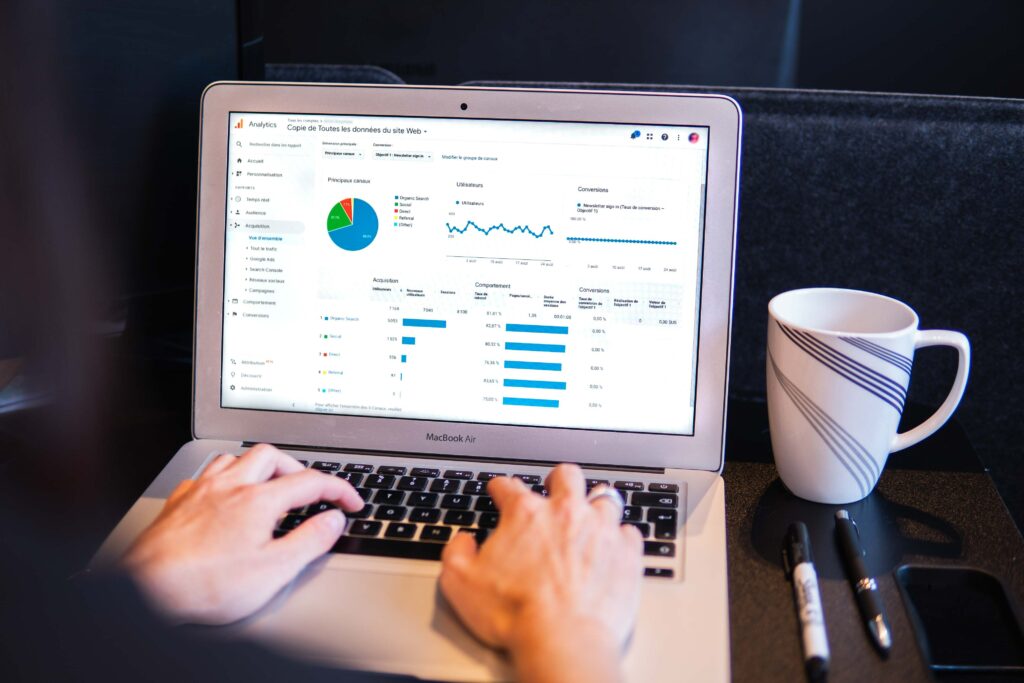In today’s digital age, having a strong online presence is critical for the success of any business. With millions of websites competing for attention, it’s important to improve your search engine rankings so that potential customers can easily find you. One of the most effective ways to improve your search engine rankings is using an SEO toolkit. An SEO toolkit is a set of tools and strategies that help you optimize your website and content for search engines. Following best practices and leveraging the right tools can improve your website’s visibility, drive more traffic, and ultimately boost your bottom line.
Ultimate SEO Toolkit
Here’s a look at some of the key components of a practical SEO toolkit.
Keyword Research
Keyword research is one of the most important steps in the SEO process. By understanding the keywords and phrases that your target audience is searching for, you can optimize your website and content to rank higher in search engine results.
There are a number of tools available for keyword research, including Google Keyword Planner, SEMrush, and Ahrefs. These tools allow you to see the search volume and competition for different keywords, giving you valuable insights into which terms are most relevant for your business.
On-Page Optimization
Once you’ve completed your keyword research, it’s time to start optimizing your website for search engines. This involves making changes to your website’s content, structure, and code to make it more search engine friendly.
Some of the key on-page optimization techniques include:
- Including relevant keywords in your page titles, meta descriptions, and headings
- Creating high-quality, keyword-rich content that provides value to your audience
- Improving the speed and usability of your website
- Adding internal links to help search engines understand the structure of your site
- Using header tags (H1, H2, etc.) to structure your content and make it easier to read
Off-Page Optimization
Off-page optimization refers to the techniques used to improve your website’s visibility and authority outside of your own site. This includes building high-quality backlinks from other reputable websites and using social media and other digital channels to promote your brand and drive traffic to your site.
Some of the key off-page optimization techniques include:
- Building high-quality backlinks from other reputable websites
- Utilizing social media platforms like Facebook, Twitter, and Instagram to promote your brand and drive traffic to your site
- Creating shareable, high-quality content that others will want to link to
- Building relationships with other websites and influencers in your industry
Technical SEO
Technical SEO refers to the underlying code and structure of your website, and ensuring that it is optimized for search engines. This includes ensuring that your website is mobile-friendly, has a fast load time, and is accessible to search engines.
Some of the key technical SEO techniques include:
- Ensuring that your website is mobile-friendly and responsive
- Improving your website’s load time
- Making sure that your website is accessible to search engines
- Implementing schema markup to help search engines understand the content on your site
- Ensuring that your website is secure with an SSL certificate
Analytics and Tracking
Finally, it’s important to monitor the performance of your website and track your progress over time. This includes using tools like Google Analytics to monitor your website traffic and tools like SEMrush and Ahrefs to track your search engine rankings.
By using these tools and analyzing the data, you can identify areas where your website is performing well and areas where you need to make improvements. You can also measure the impact of your SEO efforts, so you know what is working and what is not.
One important metric to track is your organic traffic, which is the number of visitors who come to your website from search engines like Google. This metric can give you a good idea of how well your website ranks in search results and how effective your SEO strategies are.
Another important metric to track is your website’s conversion rate, which is the percentage of visitors who take a desired action on your site, such as making a purchase or filling out a contact form. By improving your conversion rate, you can increase the effectiveness of your SEO efforts and generate more leads and sales.
Conclusion
An effective SEO toolkit is essential to any successful digital marketing strategy. Using the right tools and techniques can improve your website’s visibility, drive more traffic, and ultimately boost your bottom line.
If you’re looking to improve your search engine rankings, start by conducting keyword research and optimizing your website for search engines. Then, focus on building high-quality backlinks and promoting your brand on social media and other digital channels. Finally, track your progress and continue improving your website and SEO strategies.
By following these best practices and using an SEO toolkit, you can stay ahead of the competition and succeed in the digital world.


